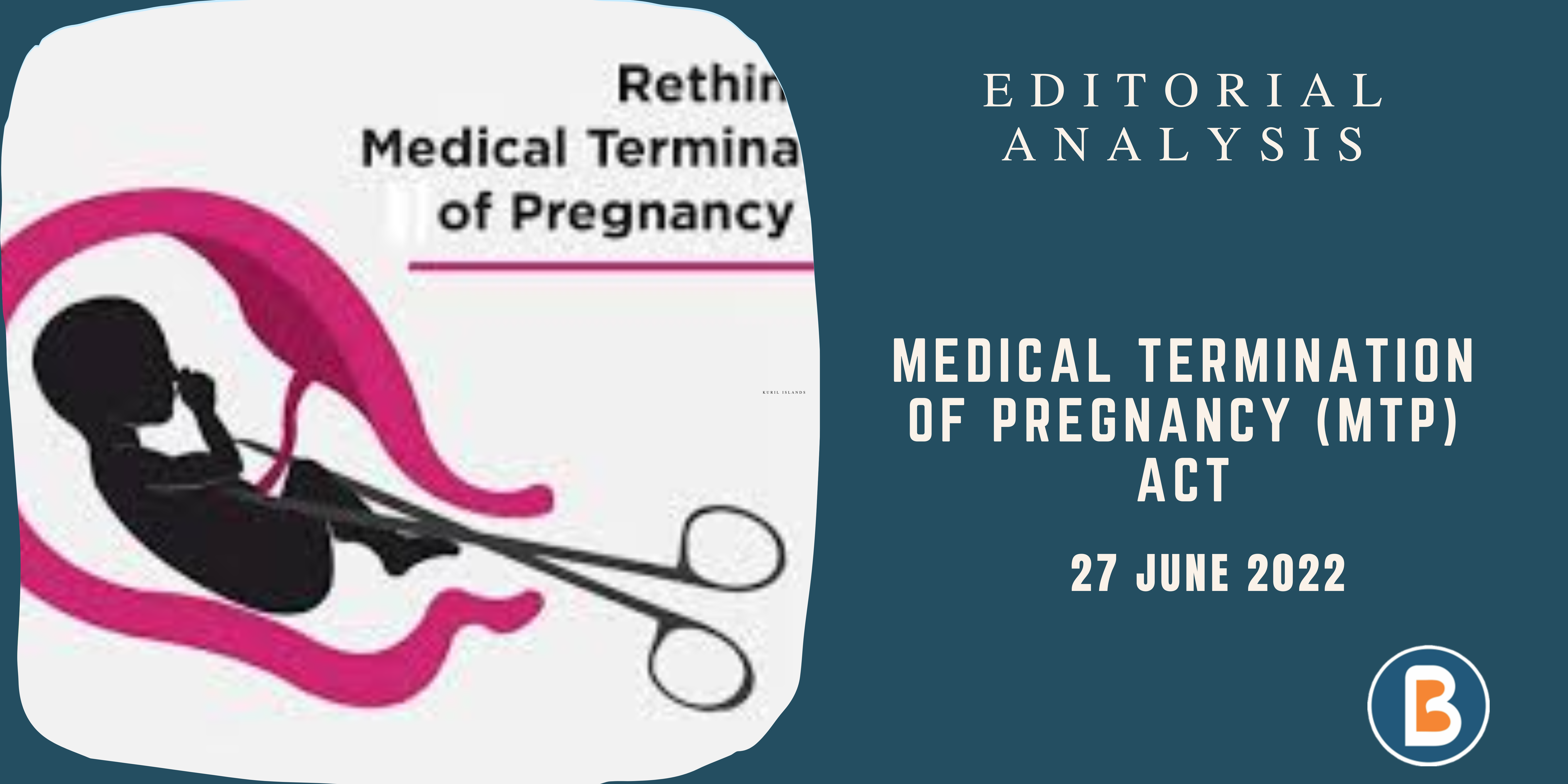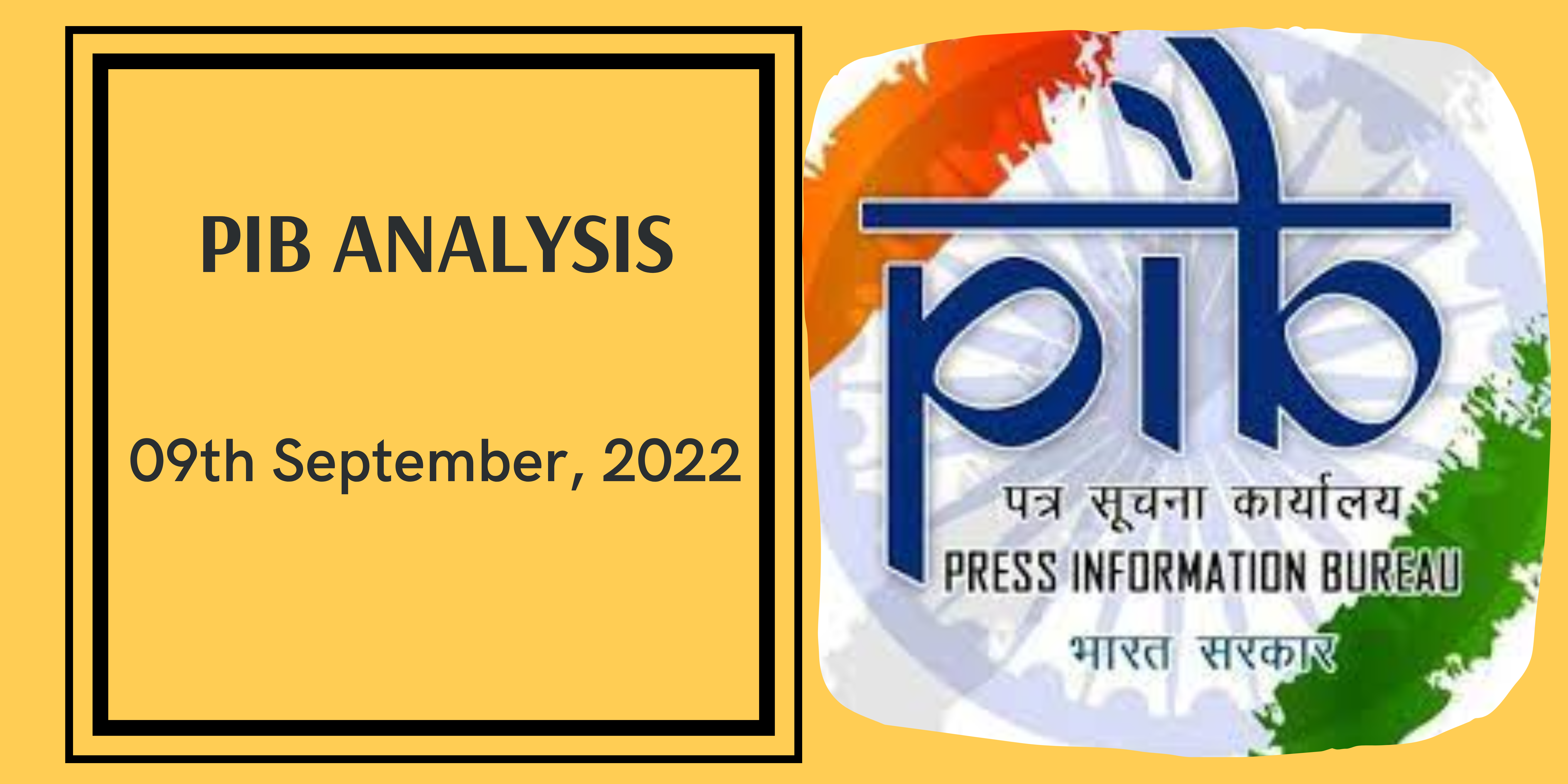Enforcement Directorate
Context:
Recently, a Magistrate Court in Delhi had remanded the Chief Minister of Delhi to the custody of the Enforcement Directorate (ED) regarding the Excise Policy Case.
Relevance:
GS-02 GS-03 (Government Policies & Interventions, Money Laundering)
Legal provisions:
- While the Indian Constitution doesn’t directly address whether a Chief Minister (CM) can rule from jail, court judgments have stressed the importance of constitutional morality and good governance in holding public office.
- Unlike the President and Governors, Chief Ministers are not immune from civil or criminal proceedings during their term.
- Article 361 grants immunity to the President and Governors, but not to the Administrator or Lt. Governor of a Union Territory.
- According to the law, a CM can only be disqualified if convicted.
- The Representation of the People Act, 1951 lists disqualifying offenses, but conviction is necessary.
- If a CM can’t effectively govern from jail, the Lt. Governor may invoke President’s rule under Article 239AB, transferring control to the Union government.
Enforcement Directorate (ED):
- The Enforcement Directorate (ED) is India’s law enforcement and economic intelligence agency, established to combat economic crimes and enforce economic laws.
- Initially formed to address Exchange Control Law violations, it operates under the Ministry of Finance’s Department of Revenue.
- It is headquartered in New Delhi, with regional offices across India.
- Recruitment: The recruitment is done directly and by drawing officers from other investigation agencies. The staff includes officers from various services like the Indian Revenue Service, Indian Police Service, and Indian Administrative Service.
- Tenure: Two years. However, the directors’ tenure can extend upto two to five years by giving three annual extensions.
- Under the Conservation of Foreign Exchange and Prevention of Smuggling Activities Act, 1974 (COFEPOSA), the Enforcement Directorate has the authority to initiate cases of preventive detention related to violations of FEMA.
- It also enforces the Foreign Exchange Management Act, 1999 (FEMA), and the Prevention of Money Laundering Act, 2002 (PMLA).
- It investigates violations, adjudicates penalties, attaches assets, and processes cases of economic offenders, ensuring compliance and cooperation with international authorities




